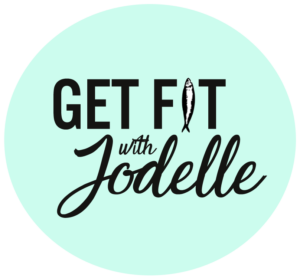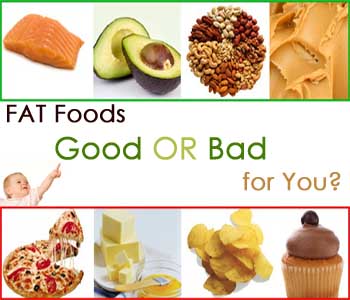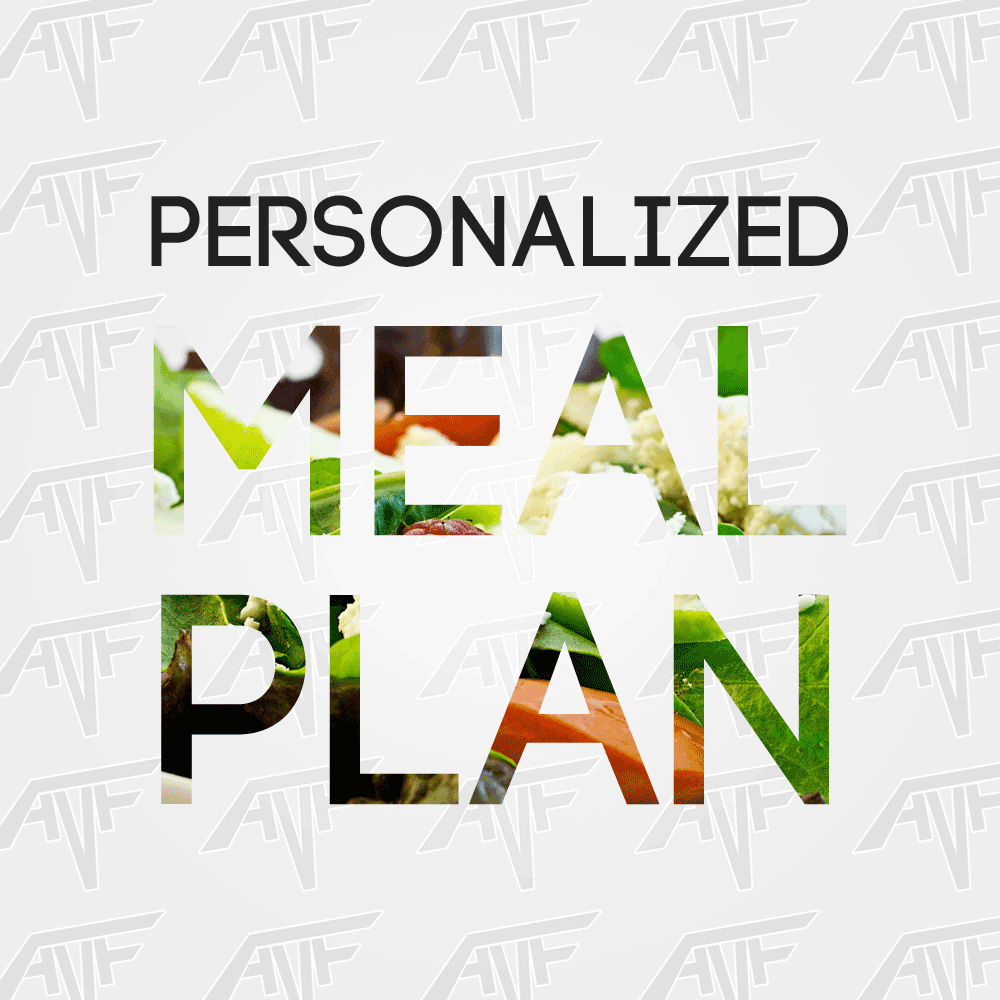Fats. Should You Eat Them?
I don’t remember much of my childhood and I’m only 37. I really attribute this to a childhood diet low in fat, and high in refined carbohydrates that my fat-fearing mother so ignorantly clung to. However, a few memories do stand out, and they stand out because I remember thinking during a moment of clarity, “Is this really a good idea?”
One such memory was driving through the McDonald’s drive-thru on many occasions to order what my mother thought was the best option for us: “Chicken McNuggets and extra napkins.”
Why the extra napkins, you ask?
Our well-meaning, uninformed mother required us to “squeeze as much grease out of them” as possible. We would then have to hold up our napkins to her vantage point in the rear-view mirror to make sure that as much grease was out of them before we received the, “Okay go ahead.”
Another such memory was during the summer prior to entering high school. I was nervous and asked my mom how I could lose a few pounds to feel better about myself. She proceeded to tell me, “Just do what I do, don’t eat anything all day, other than a bag of fat-free pretzels or a plain bagel and simply drink Diet Coke when you are hungry.” It only takes one sentence or word from a parent to royally mess with a child’s logic. And on a sad side-note my mother died from stomach cancer when I was 17.
It was these moments that I followed the hypnotic dogma given based on the craze of the low-fat movement that was in full swing, yet I still remember thinking, “Why is fat so bad?” No one had really solidified why to me, other than to say it will “make you fat.”
I’m now thankfully educated enough to set the record straight. FAT DOES NOT MAKE YOU FAT.
Firstly, I firmly believe in logical thinking and common sense (which unfortunately tends to be underestimated in our society) and without even opening a text book or a research study, we can simply look to the first-food created for humans – breastmilk – and see that it is 50-60% fat. Pondering this, it’s hard to argue that humans were not made to eat fat.
Second, we can dissect the structure of every living cell in the body and see that that every living cell membrane is made up of a bilayer of 3 types of lipids (a.k.a fat). This membrane is essential for cell communication as well as being permeable to allow other fatty acids in and out for optimal cellular function. This makes fats essential to the human body. And cells are constantly regenerating. Therefore, one could postulate from that, that in order to consistently regenerate new healthy cells of all kinds, one would be wise to consume quality fat sources to aid the body in turning over optimal cells.
The dogma in food marketing and diet books is that avoiding fat will help you lose unwanted pounds and stave off issues like high cholesterol and diabetes…but is this true? For that answer, I passionately point you to the research.
First, this let’s visit this study in 2013:
It looked at the difference between a Very Low Carb Ketogenic Diet (VLCKD), and a Low Fat Diet (LFD) and the quote I’ve included here undoubtedly validates that low fat diets are not as effective with weight loss and the treatment of obesity: “Individuals assigned to a VLCKD achieve a greater weight loss than those assigned to a LFD in the longterm; hence, a VLCKD may be an alternative tool against obesity.”
And what about cardiovascular risk factors? The diet dogma will tell you that going low fat is the way to go for heart health, but is it?
This study, showcases how low carb diets (not low fat) are actually the way to reduce cardiovascular risk factors, in addition to weight loss! And I quote, “The low-carbohydrate diet was more effective for weight loss and cardiovascular risk factor reduction than the low-fat diet. Restricting carbohydrate may be an option for persons seeking to lose weight and reduce cardiovascular risk factors.”
And then there is the issue of damaging fats, where an individual is consuming more of a high fat diet through fast food, pre-packaged and processed food. To help you understand, these oils would be:
-Soybean oil
-Corn oil
-Vegetable Oil
-Cottonseed oil
-And any oil partially or fully hydrogenated
So how are these affecting the health of our “instant gratification nation”? For that let’s let the research do the talking:
-It is shown to contribute to obesity
-It has a direct correlation with risk of depression
-It also places pregnant women at increased risk of gestational diabetes
-It can increase the prevalence of eczema and wheezing in children.
When we step away from the dogma of nutrition, and we concentrate on two things: logical thinking, and research, we get a much clearer picture of why a diet containing wholesome, unprocessed oils and fats like avocado, nuts and seeds, fatty fish, and coconut are advantageous to our health. We can also see how any “food stuffs”, albeit low fat or high fat, of which man puts into a factory and modifies something nature purposefully intended for us to consume, unquestionably wasn’t designed for the human body and can have adverse affects.




Leave a Reply
Want to join the discussion?Feel free to contribute!